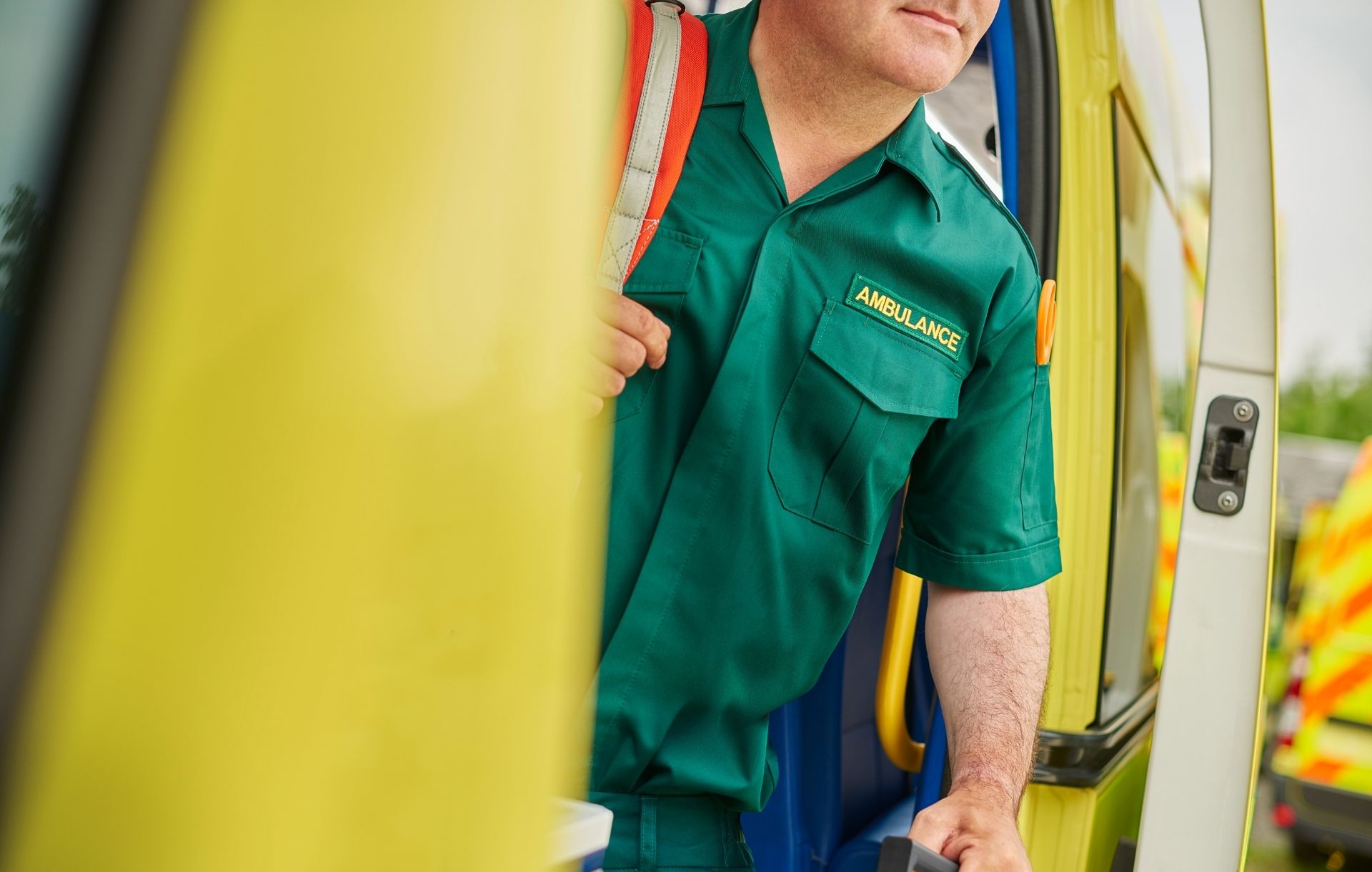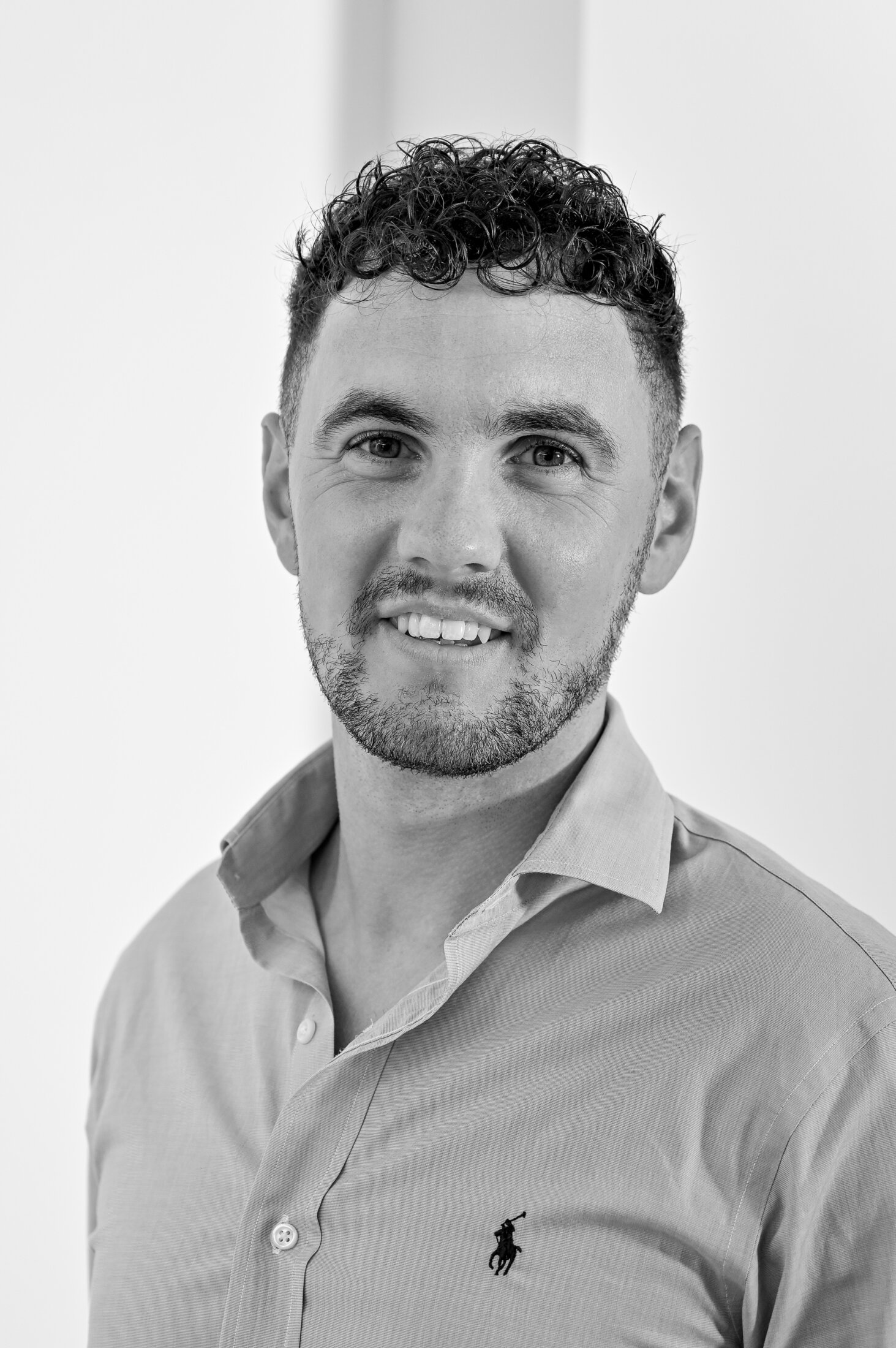Getting your first job onboard a superyacht is not just about having basic yachting qualifications or whether you know your bowline from your bow line, because today, nurses, medics and paramedics are in high demand.
And with attractive salaries, luxury cruising destinations and some amazing leave packages (not to mention all the incredible friendships you’ll create), anyone with a strong medical background should definitely consider swapping sirens and surgeries for a rewarding career at sea.
What kind of medical experience do I need?
If you’re currently working as a nurse or paramedic, or have perhaps been a medic in the military in a former life, the superyacht industry wants you.
Whilst the risks of being at sea are fairly low from a medical perspective (compared to the daily challenges faced by land-based superhero health professionals), accidents do happen and health issues do arise, and when you are potentially hundreds of miles offshore or in a remote location, it’s simply not safe to await air assistance.
Many superyacht owners and management companies recognise the need to improve the health services available onboard to ensure guests and crew feel safe at all times. For this reason, many of them are upping their requirements from basic STCW & ENG1 Medical qualifications to more detailed medical training.
Granted, you might spend the majority of your time dealing with small issues like blisters, cuts and general illnesses, but you’ll enjoy a varied role with the opportunity to make a real difference to the onboard environment and operation.
As well as being responsible for medical supplies, safety drills and first aid training, you may also be asked to assist with designing and implementing processes that further minimises potential instances that require medical assistance while at sea.
What else do I need to do?
Unlike the fast-paced and stressful environment in the emergency medical services, there won’t always be an emergency or health issue that needs your attention onboard. For this reason, paramedic and nurse roles are normally combined with deckhand and stewardess duties, giving you an excellent opportunity to learn new skills.
Interior duties include laundry, housekeeping and service, while deckhands are generally responsible for maintaining the exterior and associated activities like watersports. So you’ll need to ensure your ability to remain calm under pressure and work effectively as a team transitions seamlessly from your medical role to your stewardess or deckhand role.
Having a medical background, you’ll already set yourself apart from other green crew with no experience or secondary skills. Despite this, you’ll still need to invest in a STCW & ENG1 Medical, which will set you back around £800. But trust me, you’ll earn this back and some in your first wage packet!
No matter how amazing you are at your job shore-side, you’ll also be required to have the soft skills and personality type that will ensure you can enjoy a successful superyacht career, gel well with fellow crew and give owners and guests a great onboard experience.
To be able to work hard and live together, you must be:
- Adaptable
- Presentable
- Considerate
- Level-headed
- Punctual
Check out our guide on how to get into yachting for more information.
What kind of yacht could medics join?
Think high-end prestigious and luxury yachts, over 50m in length, cruising worldwide destinations and catering for private guests or paying charter guests (which can also earn you hefty tips).
We also place nurses and paramedics on the growing number of new build superyachts coming out of some of the leading boat builders globally and even in land-based leisure roles like private islands.
The opportunities are endless and there are some fantastic opportunities for candidates with an excellent medical skillset, provided you have the right mindset.
So, are you a medic open to making the move to yachting? Do you want to travel, gain new skills, have awesome experiences and earn €3,500+ a month (possibly tax free and that’s at the lower end of the salary scale)?
I’d love to hear from you and would be happy to discuss current opportunities, how to tailor your CV for the yachting industry and what to expect.
I look forward to hearing from you all soon!





